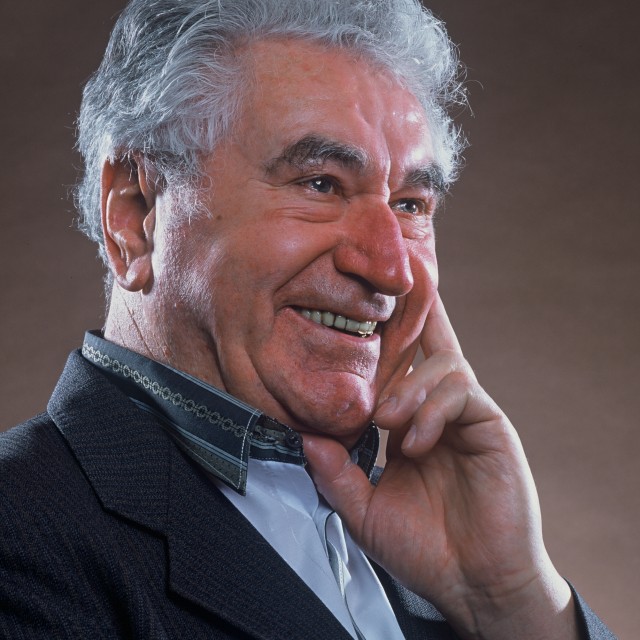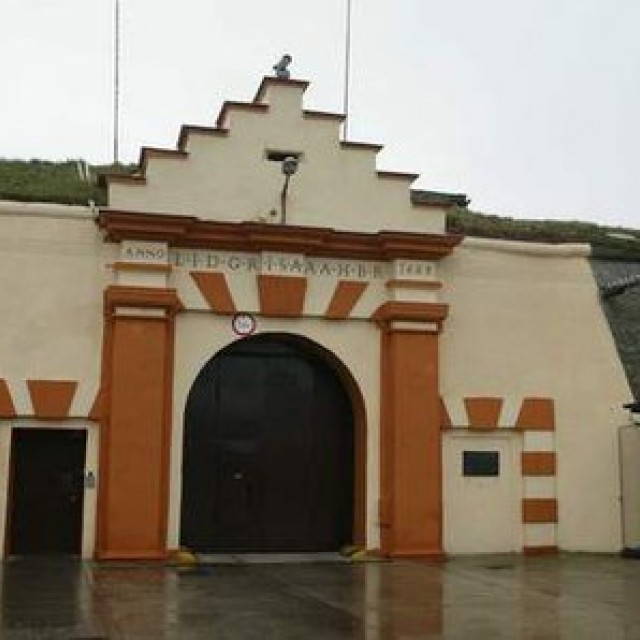How to Break a Man
Since the communist regime didn’t allow Anton Srholec to fulfill his desire for priesthood, in 1951 he attempted to flee abroad, where he hoped to reach his goal. However, this fateful night his plans were thwarted because of the swollen Morava River. Going back from the borders, the whole group of students, Anton being among them, was detained by the Border Guard and taken to the Bratislava Castle. Afterwards they were moved to the so-called prison U dvoch levov (At Two Lions), in Bratislava, and then to the Leopoldov prison where Anton spent months on remand. Here he witnessed various inhuman investigation methods used by the communist regime against its “enemies.” He recalled: “I know that Fero Buzek living in the next cell in Leopoldov was taken to the investigation room, but he was dragged back to his cell on a blanket afterwards. He was so heavily beaten there, as they used to beat people very sadistically, that he was covered in blood...” Many people even if they survived such a drastic treatment, they had to face its consequences for a lifetime. It happened also to one of Anton’s co-prisoners: “Even after all of this, for example in 1965, 1966 or 1968 when everything seemed to be getting better, he never believed it would change and was in great panic. When there was a car turning around somewhere and the lights shined into his windows, he was convinced it was “them” searching, tapping him, investigating or spying on him. As he never tried to get any treatment for his fear, he jumped out of the first floor and killed himself.” Great desire to study led Anton to the State Court in Bratislava, where he was in February 1952 sentenced to twelve years of imprisonment. For almost a decade he served his sentence for an escape that never turned out in the hell of Jáchymov labour camp.
Hodnocení
Hodnotilo 0 lidí
Routes
Not a part of any route.
Comments
No comments yet.












